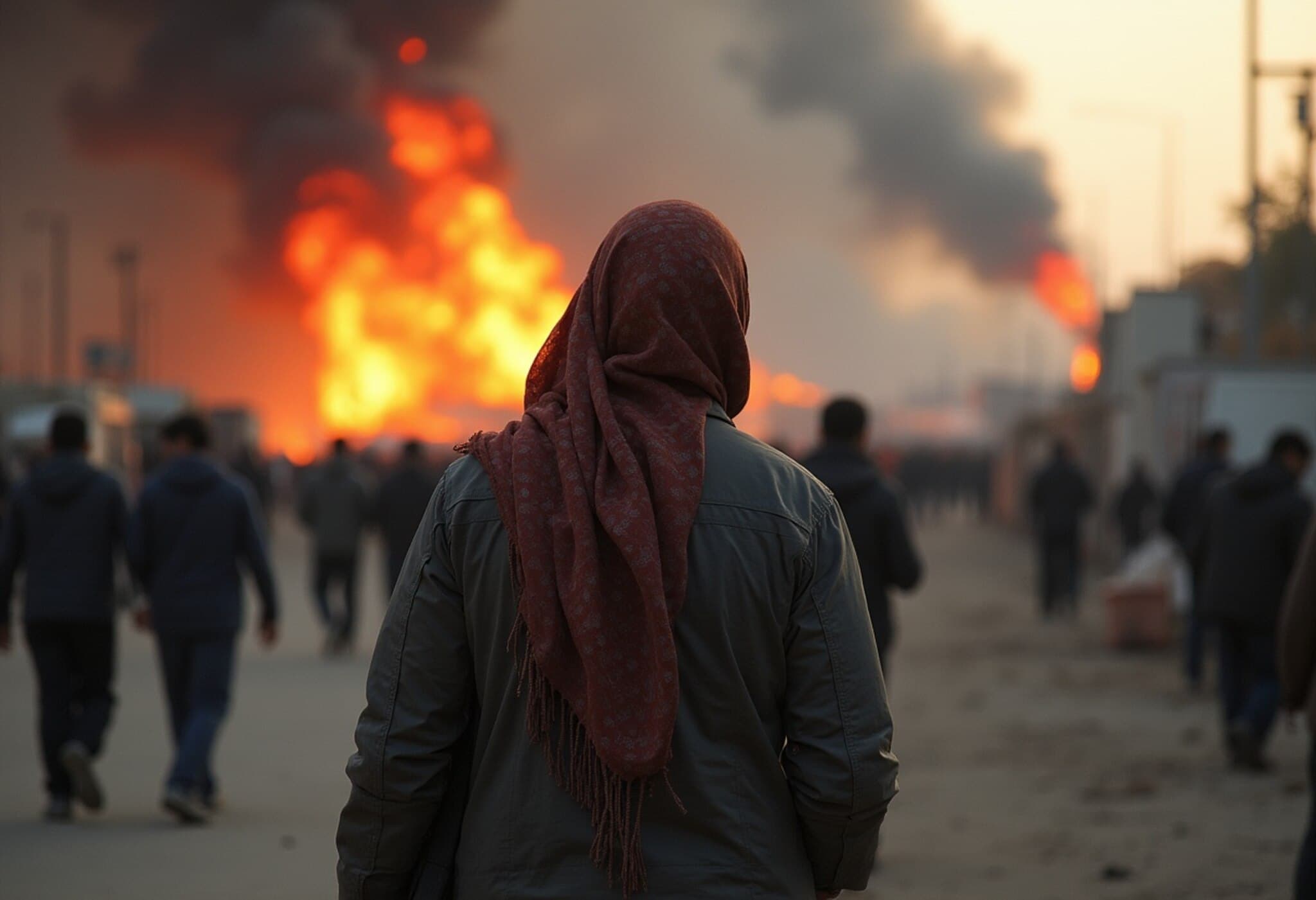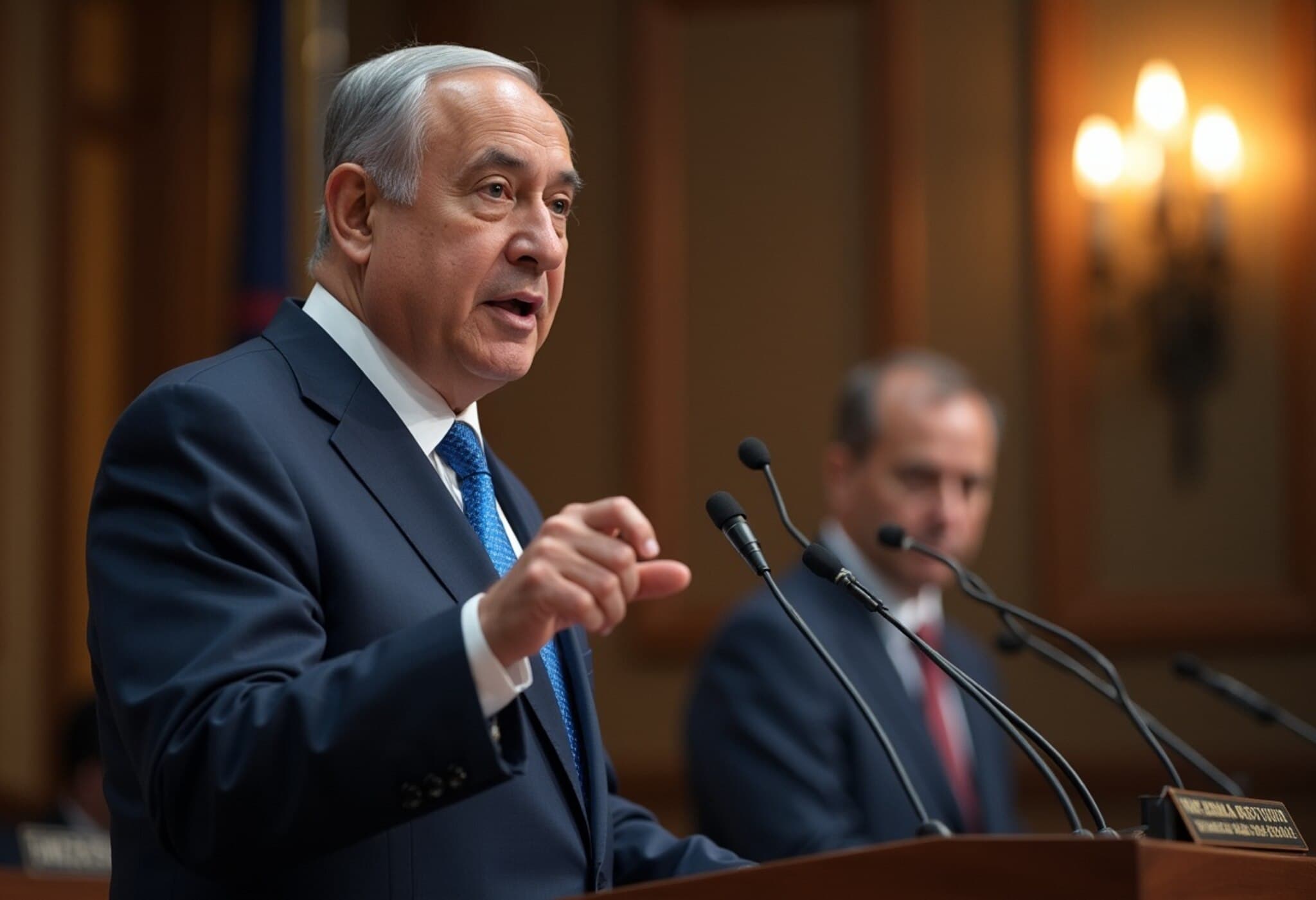Iran Tightens Cybersecurity as Israeli Attacks Escalate
In response to intensifying Israeli military strikes, Iranian authorities have moved swiftly to bolster cybersecurity measures. Reports indicate that the Islamic Revolutionary Guards Corps (IRGC) has prohibited officials and their teams from accessing public internet networks over fears of Israeli cyber infiltration.
Cybersecurity Concerns Spark Internet Restrictions
The IRGC's cyber command issued the ban amid rising apprehension that Israel might launch cyberattacks targeting Iranian officials’ devices. The use of unsecured public internet networks posed perceived security vulnerabilities, prompting this restrictive move to safeguard critical communications.
Recent Cyberattacks Highlight Vulnerabilities
Earlier on the same day as the ban was reported, Iran’s Sepah Bank suffered a cyberattack disrupting its online services. While details remain scarce, this incident underscores the increasing complexity of cyber warfare intersecting with traditional military conflict in the region.
Historical Context: Israeli Cyber Tactics Against Iran and Allies
Last year’s covert Israeli operation remotely detonating thousands of pagers and walkie-talkies used by Hezbollah in Lebanon caused significant casualties and disrupted communication channels. Such tactics weighed heavily on Iran’s strategic calculations, fueling concerns over potential repeat or escalated cyber offensives targeting critical personnel and infrastructure.
Progress of the Conflict and International Dynamics
Israel’s offensive continues unabated, marked by targeted assassinations of key Iranian military figures, including deputy military chief Ali Shademani and previous commanders such as Gholam Ali Rashid, Mohammad Bagheri, IRGC Chief Hossein Salami, and Quds Force leader Esmail Qaani. These strikes have aimed to dismantle the Iranian military command structure.
Despite ongoing hostilities, Israeli Prime Minister Benjamin Netanyahu has dismissed diplomatic engagements with Iran as mere stalling tactics. Meanwhile, backchannel communications between Iran and the United States have reportedly taken place, hinting at complex regional and international maneuvering.
US Designs and Military Posturing in the Region
The United States appears to be preparing for a more direct role. Recent repositioning of military tankers and equipment in West Asia suggests readiness for expanded operations. Additionally, public messaging underscores longstanding US policy to prevent Iran from acquiring nuclear capabilities, potentially laying groundwork for future military action.
Implications Going Forward
- Heightened Cybersecurity Measures highlight the evolving landscape of hybrid warfare, where attacks extend beyond physical fronts.
- Targeted Eliminations of Iranian military figures aim to destabilize Iran’s command and logistics in this conflict.
- Regional Tensions continue to escalate, with increased risk of wider involvement from global powers.
These developments underscore a volatile security environment, where technological, military, and diplomatic arenas intertwine amid an intensifying conflict between Israel and Iran.



















